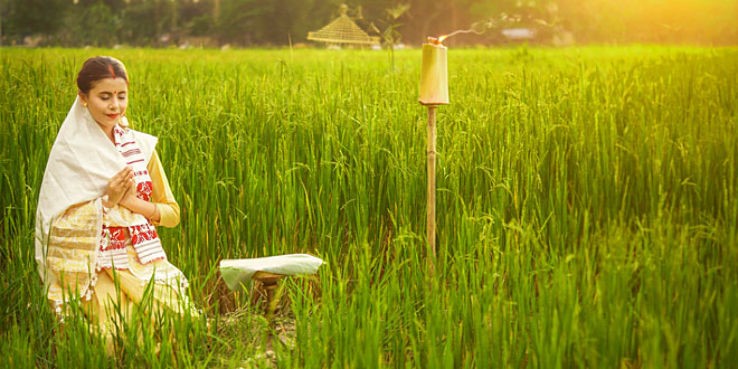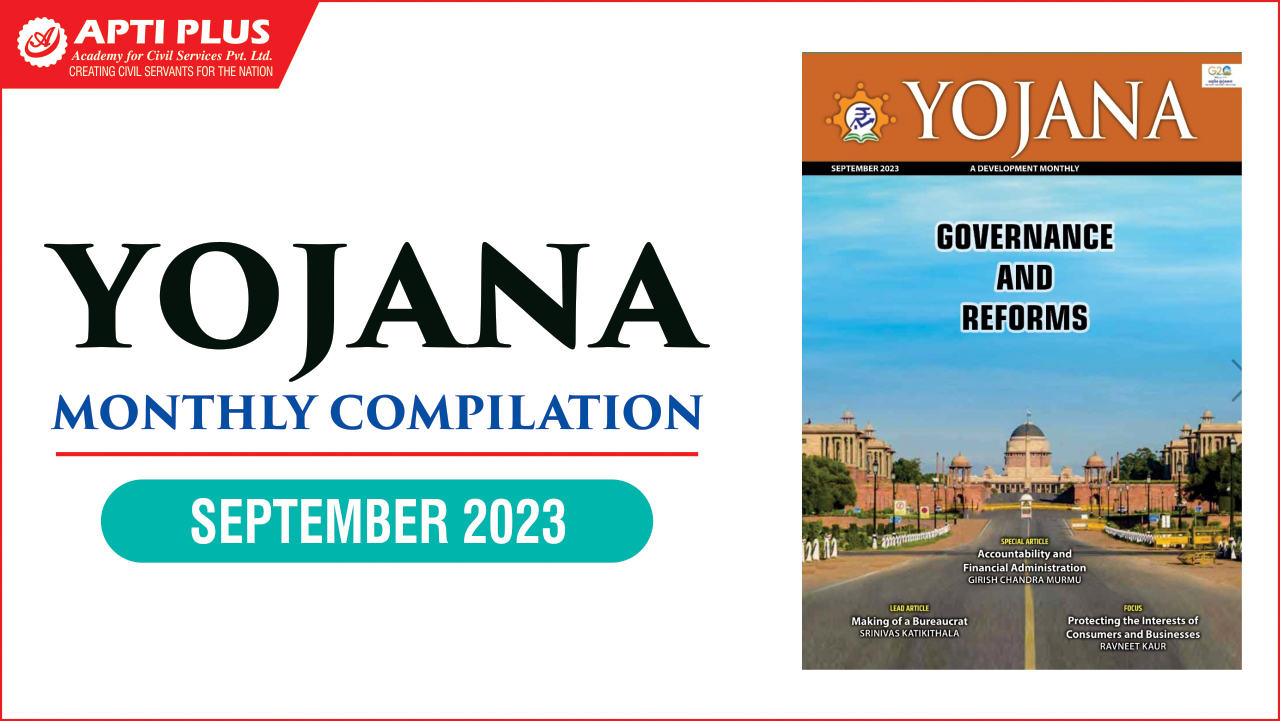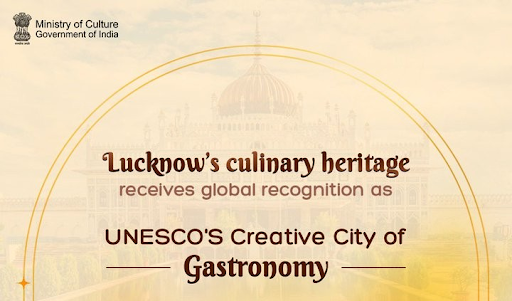Description

Disclaimer: Copyright infringement not intended.
Context
The Prime Minister, Shri Narendra Modi extended best wishes on the auspicious occasion of KatiBihu to the people of Assam.
Details
- Kongali Bihu is one of the three Bihu festivals celebrated in the Indian state of Assam.
- The Bihu festivals are an integral part of Assamese culture and are linked to the agricultural cycle.
- Kongali Bihu, also known as Kati Bihu, is the second Bihu festival and is celebrated in mid-October, marking the culmination of the sowing season and the beginning of the harvesting period.
Significance and Celebration
- Agricultural Significance: Kongali Bihu is primarily an agrarian festival that symbolizes the completion of the sowing of crops and the commencement of their growth.
- Prayers and Offerings: People light earthen lamps in front of the tulsi plant, the granary, and the paddy fields to seek blessings for a bountiful harvest.
- Cultural Programs: People wear traditional Assamese attire, and communities come together to participate in various cultural activities.
Rituals and Traditions
- Lighting of Earthen Lamps: Lighting earthen lamps is a significant ritual during Kongali Bihu. It symbolizes the worship of the goddess of wealth and the seeking of her blessings for a prosperous harvest.
- Offerings to Gods: People offer prayers and offerings to various deities, seeking their blessings for the well-being of their families and the success of their agricultural endeavors.
- Community Bonding: Kongali Bihu emphasizes community bonding, with people coming together to participate in cultural events, feasts, and various rituals, fostering unity and harmony within the community.

Traditional Cuisine
- Pitha and Laru: Traditional Assamese sweets like pitha and laru (rice cakes) are prepared during Kongali Bihu. These delicacies are made with rice powder, jaggery, and coconut and are an essential part of the festive cuisine.
Other Bihu Festivals
Rongali Bihu (Bohag Bihu):
- Timing and Significance: Rongali Bihu, also known as Bohag Bihu, is celebrated in mid-April, marking the beginning of the Assamese New Year and the arrival of the spring season. It is the most vibrant and widely celebrated of the Bihu festivals.
- Cultural Performances: The festival is marked by various cultural activities, including traditional Bihu dances, songs, and performances. People dress in traditional attire, and communities organize various cultural events, competitions, and fairs.
- Symbolism of Abundance: Rongali Bihu symbolizes the onset of the agricultural season, representing abundance, fertility, and the spirit of new beginnings.
Bhogali Bihu (Magh Bihu):
- Festival of Feasting: Bhogali Bihu, also known as Magh Bihu, is celebrated in mid-January, marking the end of the harvest season. It is primarily a festival of feasting, community bonfires, and merrymaking.
- Community Feasts: People organize grand feasts known as 'Bhogali Bihu feasts' featuring various traditional Assamese delicacies, including various meat and fish dishes, rice cakes, and sweets.
- Bonfire Celebrations: Bonfires are an essential part of Bhogali Bihu, where people gather around the fires, sing traditional songs, and engage in various cultural activities throughout the night.

Conclusion
The Bihu festivals, including Rongali Bihu, Kongali Bihu, and Bhogali Bihu, collectively represent the cultural richness and agricultural significance of Assam. These festivals not only celebrate the agricultural cycle but also foster a sense of community, unity, and cultural identity among the people of Assam. They are a time for joyous celebrations, traditional rituals, and the preservation of Assamese cultural heritage.
|
PRACTICE QUESTION
Q. Which of the following statements about Bihu festivals in Assam is/are correct?
- Kongali Bihu, also known as Kati Bihu, marks the beginning of the harvest season.
- Rongali Bihu, or Bohag Bihu, is celebrated in mid-April to mark the Assamese New Year.
- Bhogali Bihu, also known as Magh Bihu, is primarily a festival of feasting and community bonfires.
Options:
A.Statement 1 only
B.Statements 2 and 3
C.Statements 1 and 2
D.Statements 2 and 3
Please choose the correct option.
Answer: C
|















